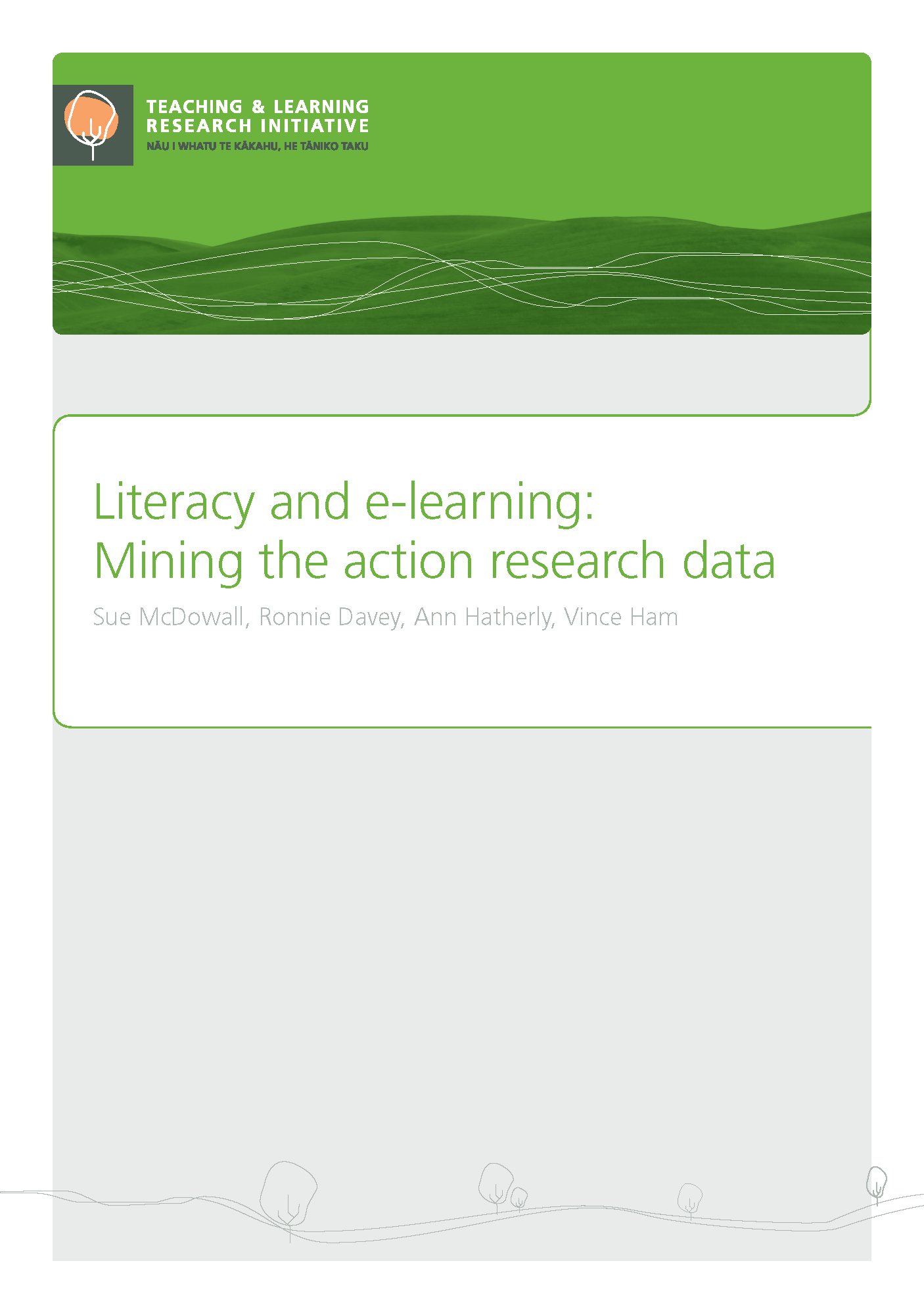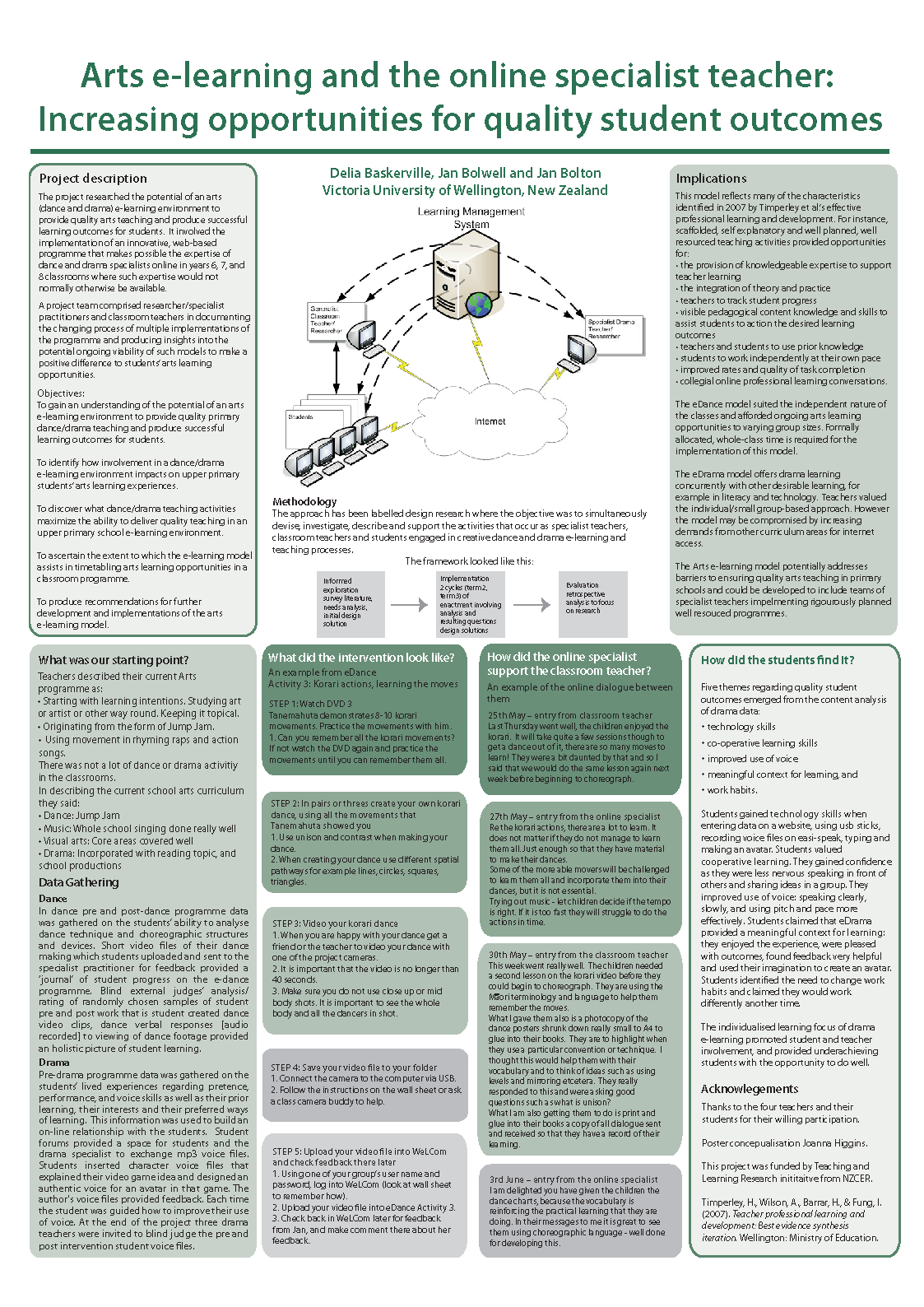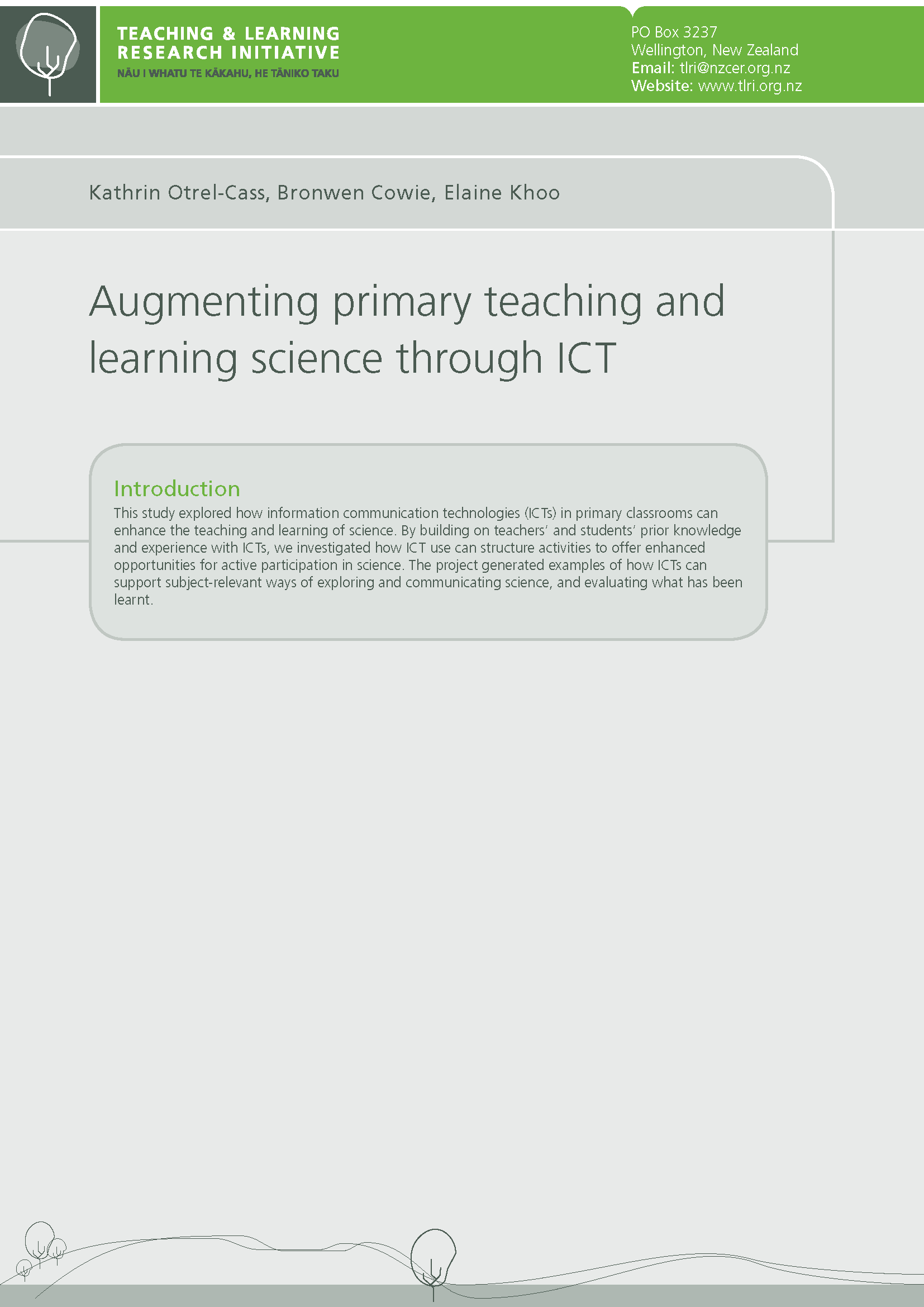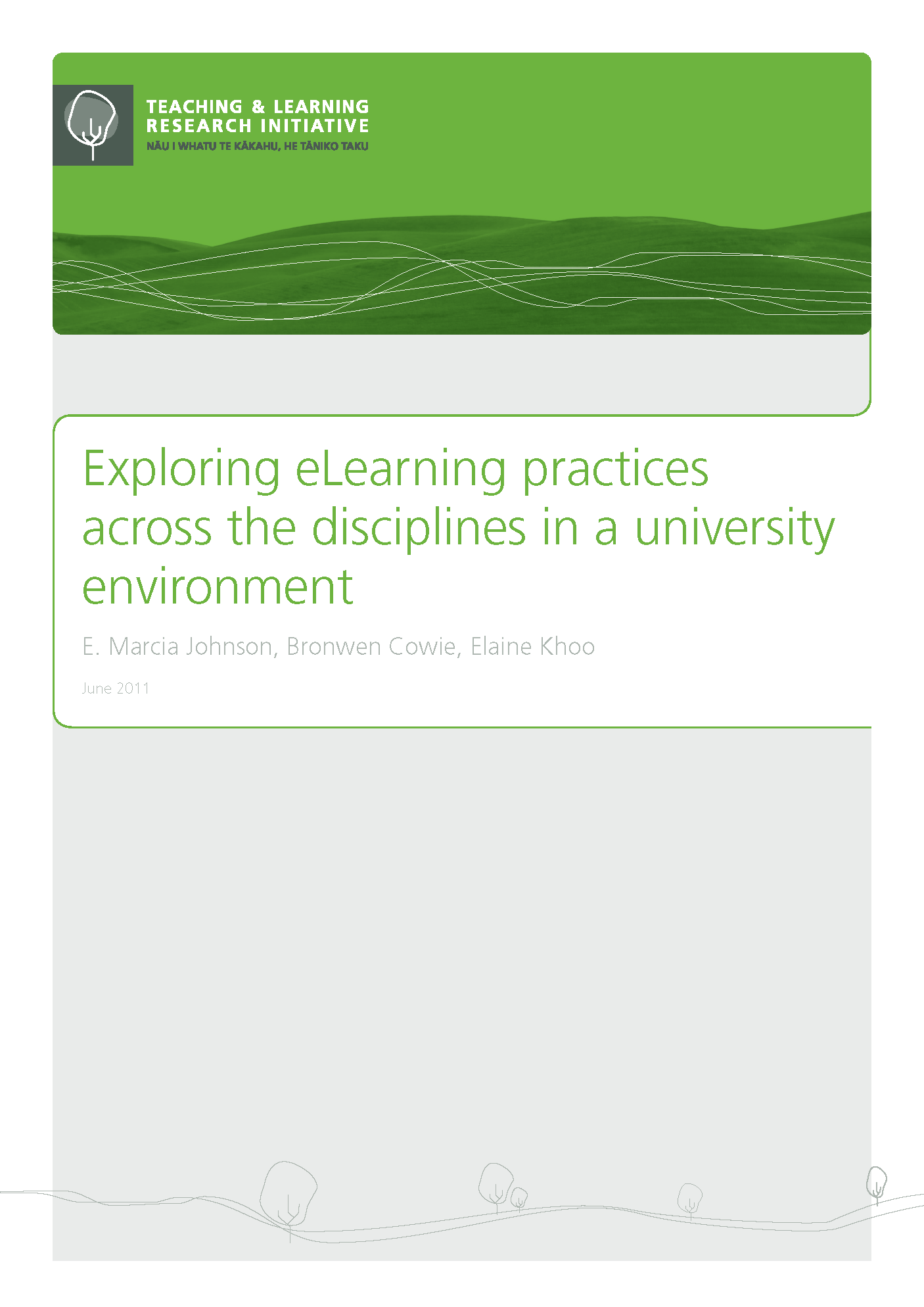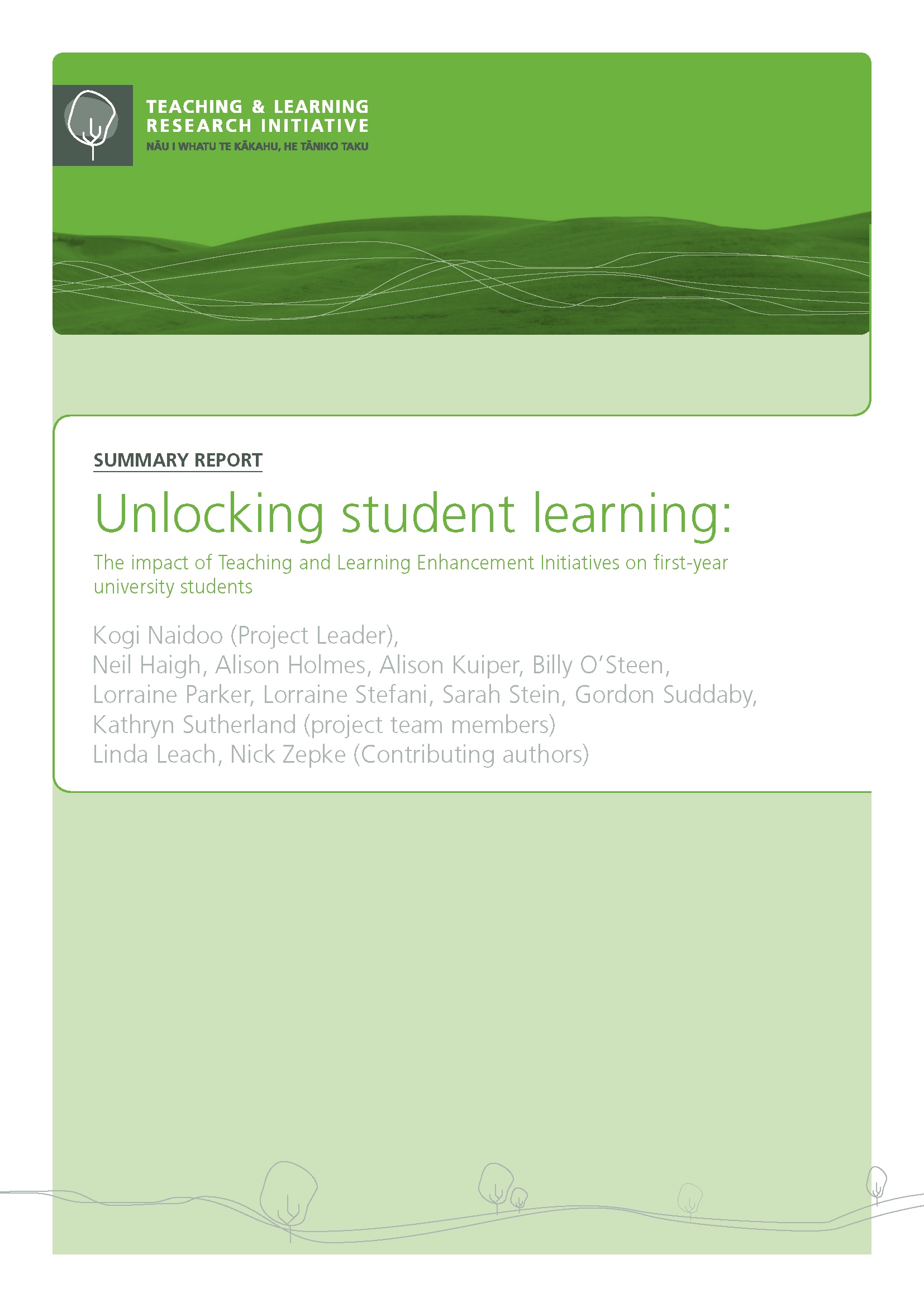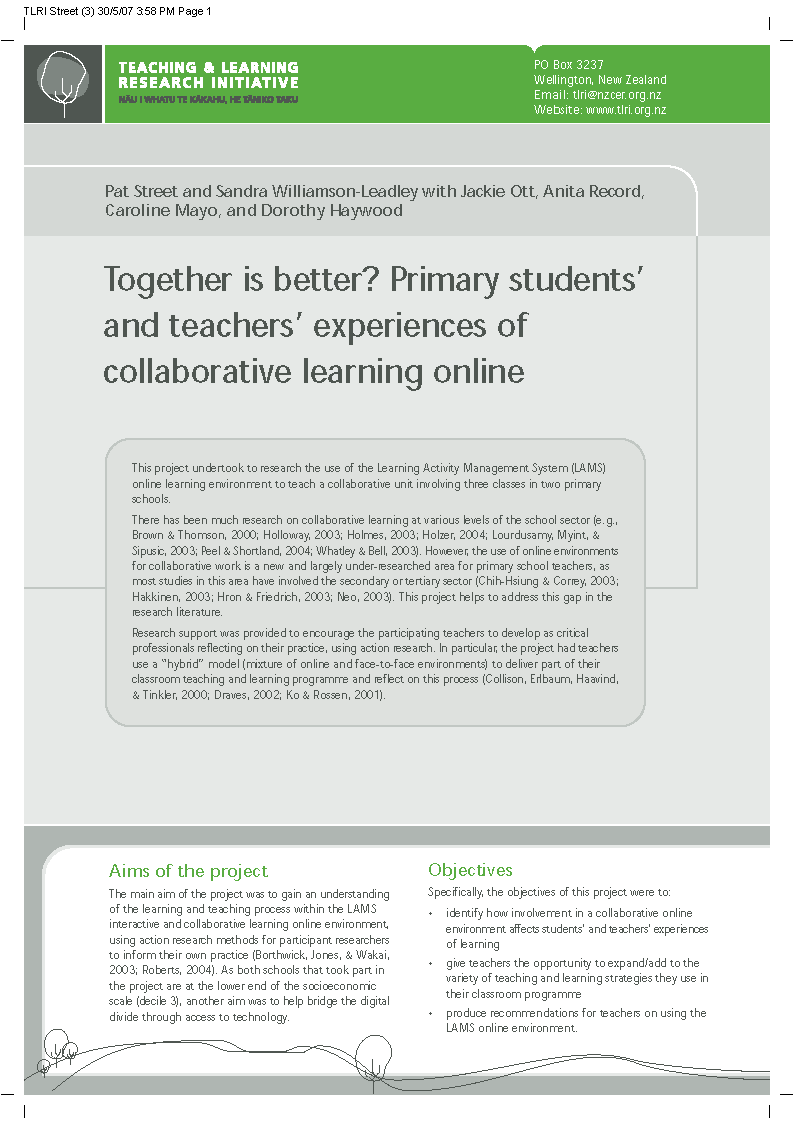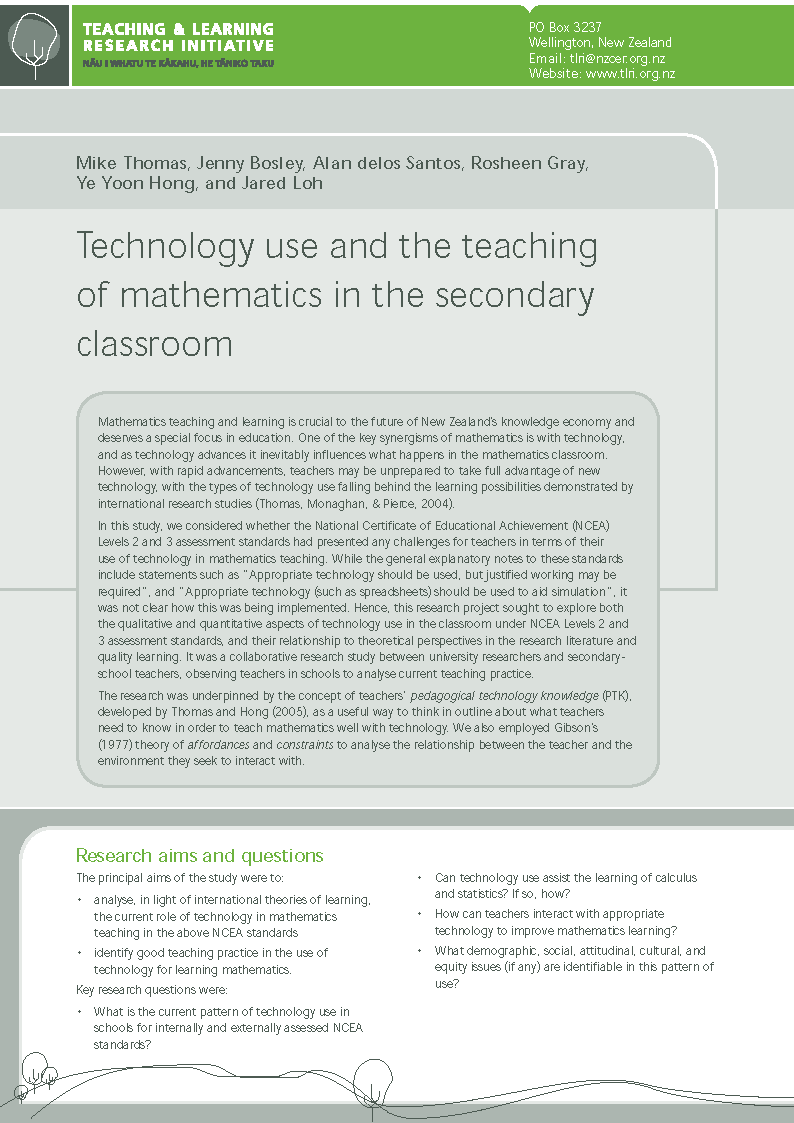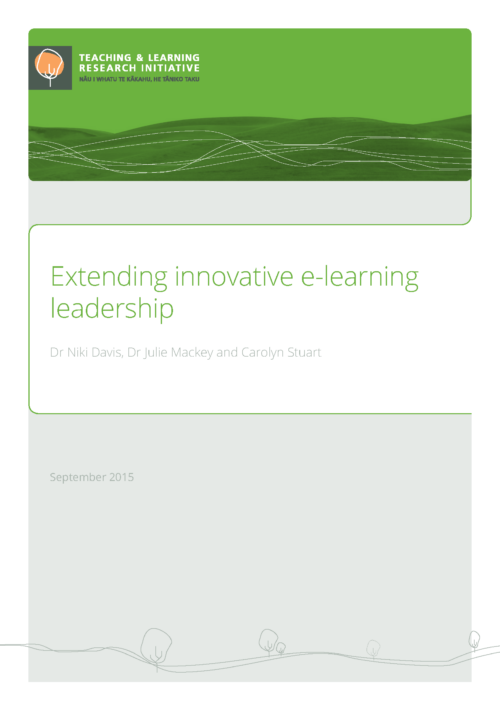
Extending innovative e-learning leadership
Introduction / research aims / rationale This project grew out of the desire to understand and share the strategies that successful school leaders use to identify, implement and integrate digital technologies in school settings. What may come naturally to some leaders presents significant challenges for others; the catalyst for this project was the opportunity to systematically investigate the leadership of one experienced principal who was highly competent digitally and who recognised the opportunity to support colleagues nationwide. While digital technologies are a key element of future focused education and can be deployed to support pedagogical innovation, they frequently present complex problems for school leaders (Fullan 2011; Fullan & Langworthy, 2014). The

